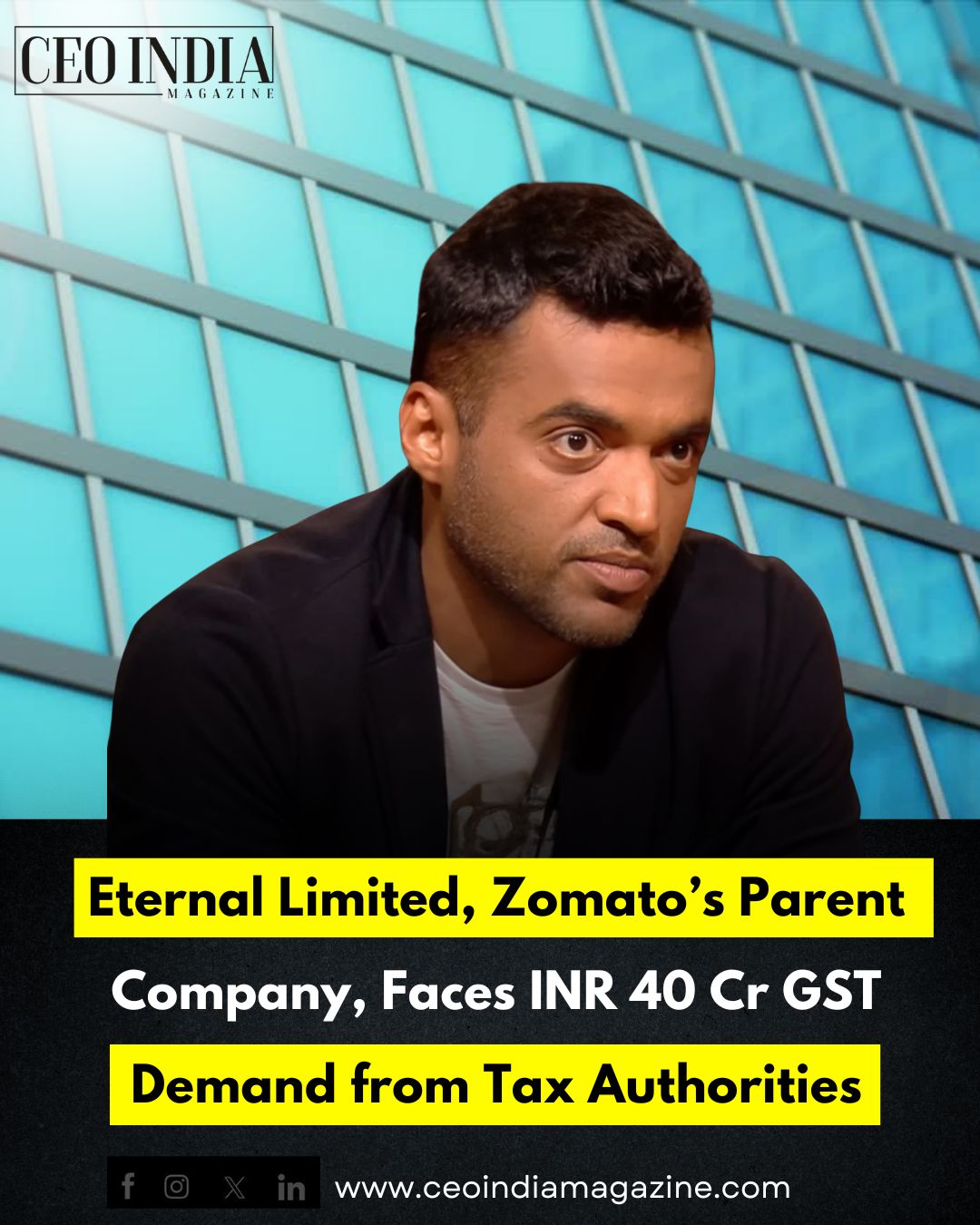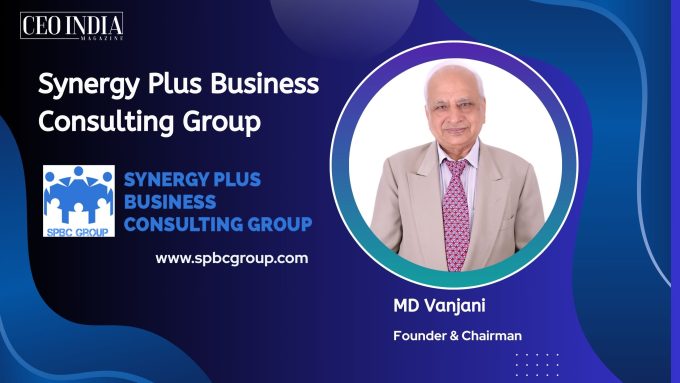Eternal Limited, the parent company of food delivery giant Zomato, has been hit with three Goods and Services Tax (GST) demand orders totaling more than INR 40 crore, as per recent regulatory filings. The orders were issued by the Joint Commissioner (Appeals)-4, Bengaluru, and relate to tax assessments for the period between July 2017 and March 2020.
Breakdown of the GST Demand
According to the company’s filing, the confirmed tax demands include:
- INR 2.29 crore (including GST, interest, and penalty) for short payment of output tax between July 2017 and March 2018.
- INR 27.94 crore due to excess input tax credit (ITC) claimed during the 2018-19 financial year.
- INR 11.09 crore for excess ITC claimed in the 2019-20 financial year.
The cumulative demand of over INR 40 crore has raised concerns, although Eternal Limited has expressed confidence in its legal position.
Read More :- Lending Tech Startup Kissht Files DRHP to Raise INR 1,000 Cr via IPO
Eternal Maintains No Financial Impact Expected
Despite the tax department’s ruling, Eternal Limited has stated that it strongly believes it has a case on merits, supported by its legal counsel. The company clarified that it does not anticipate any material financial impact, citing past precedents and legal interpretations that may work in its favor.
In a statement, the company said:
“We believe that we have a strong case on the merits and backed by view from lawyers, and do not expect any financial impact on the company.”
Furthermore, Eternal confirmed it will be filing appeals against all three orders before the appropriate appellate authorities. This is a common legal recourse in high-stake tax disputes and indicates that the company is prepared to contest the demands vigorously.
Tax Disputes in the Indian Startup Ecosystem
Tax disputes involving large startups and tech companies have become increasingly common in India, especially as regulators closely scrutinize input tax credit claims and GST compliance. The complex and evolving nature of tax regulations often leads to interpretational differences between businesses and tax authorities.
For companies like Zomato, which operate across multiple states and deal with a high volume of transactions, such audits are not unusual. However, the magnitude of the demand in this case has brought fresh attention to the compliance challenges faced by digital platforms in the country.
What’s Next for Eternal Limited?
The appeals process is likely to be a prolonged one, as tax tribunals typically take time to deliberate on high-value cases. Meanwhile, Eternal Limited is expected to maintain regular operations and continue its focus on growth through its flagship brand Zomato.
Investors and stakeholders will closely watch the developments, but as of now, the company maintains that the GST issue will not have a material impact on its financials.
Keywords: Eternal Limited GST notice, Zomato parent company tax demand, GST appeal, input tax credit dispute, Zomato news 2025, GST penalty Zomato, Indian startup tax issues, Bengaluru tax order, Zomato GST case, Zomato legal update










Leave a comment